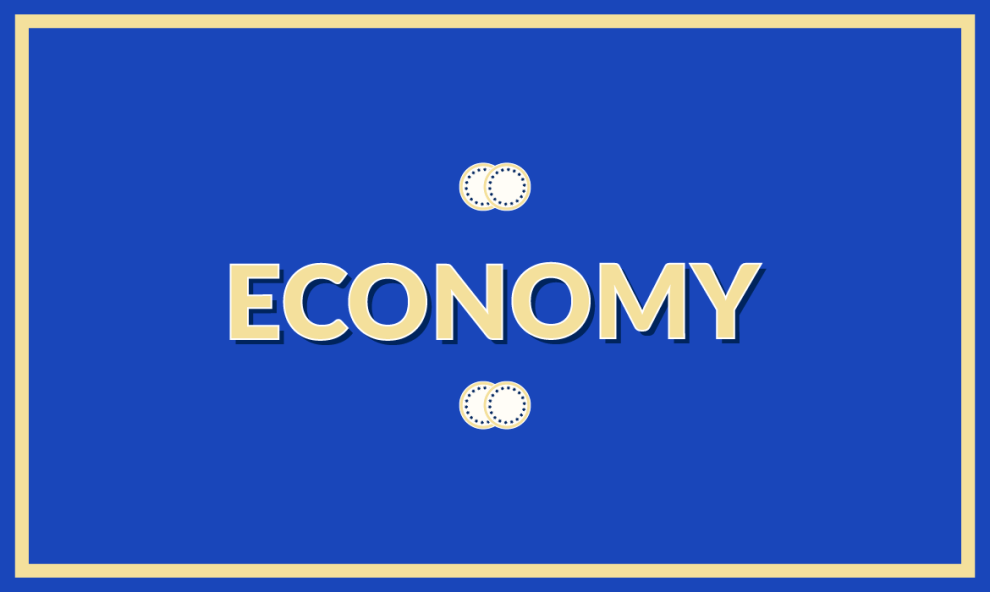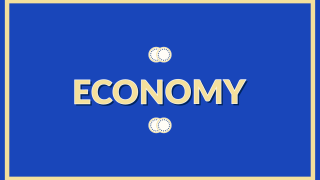In only few instances has Mexico found itself unable to break through the paralyzing inertia that currently characterizes it. Today is one of those: the question is whether it will be able to do it. As the energy-linked monologues reveal, our proclivity for fighting for the past rather than constructing a future is impressive. Some want to return to Porfirist legislation in the matter, others to the thirties and yet others to fortifying corruption as the country’s chief enterprise. No one is proposing a new paradigm for development.
Paraphrasing what my father used to say when teaching surgery, the possibility of breaking through inertia depends on two factors: knowing what to do and knowing how to do it. The present government possesses an enormous capacity of political operation, but its substantive proposals are poor. The last three governments were handicapped by a flawed political capacity, thus even the (few) good ideas they advocated never came to fruition. As the current avatars of the energy reform proposal illustrate, knowing how is not enough. Energy is a means of transforming the country: the government has spoken in “transformative” terms but has not proposed a transforming vision. Upon this depends its being able to achieve it.
Development is qualitatively different from growth. Saudi Arabia may be very wealthy, but no one could affirm whether it is approaching civilization, defined in Western terms. Countries such as China and Brazil, whose economies grew with dispatch in years past, do not even propose crossing that threshold. Development and civilization require more than economic growth, something that could doubtlessly be advanced with a liberalizing energy reform.
The primary task is that of growth: the only way the country can emerge from its stagnation, promote social mobility and increase per capita income. There’s no controversy about this. The controversy is found in the how, despite the fact that differences among political forces tend to be much slighter than they appear. Just a sample: no one really is of a mind to make Pemex a competitive, open, and transparent enterprise, one comparable to the other oil companies of the world and measured by that benchmark. Proposals in this matter are defensive and apocalyptic, not modern and civilizing.
That vision of development is lacking, a vision that includes key elements such the Rule of Law, checks and balances and accountability to the citizenry. The crucial elements so that no one, starting with the government, has the option of abiding by the law: the Rule of Law exists when there is no alternative and Mexico is quite a distance from that. No one is even considering it.
Questing after high growth rates is necessary even if it does not advance toward development and civilization. It could be argued, whether due to being too controversial at least in one of the cases that, in contrast with Mexico (or Brazil and China for that matter) that personages like Mandela and Pinochet created better conditions for advancing toward development. Beyond how they got there, the Chilean example is impacting. South Africa faces tremendous challenges but has two exceptional advantages: a clear vision of the future; and, regardless of the corruption, nobody wants to reconstruct the past. Mexico could learn something from both examples.
Development requires a vision, a vision that is qualitatively distinct from that of growth. The two are compatible, but development is only furthered when the population shares a vision. Very few non-Western nations have been able to break free from underdevelopment, but those that have are illustrative of the transforming potential of a committed society. Korea, Taiwan, Chile, South Africa and, notwithstanding its terrible current financial problems, Spain, are tangible examples of the opportunity that Mexico has right in front of it if it so proposes. All of them looked ahead and broke the curse of underdevelopment. Instead of reforming a little and without undermining the vested interests, they opted for a great transformation, beginning with the mindset: at the end of the day, that’s where the heart of underdevelopment is found.
When in 1998 Korea faced a financial crisis similar to our crises of yesteryear, its government did not devote itself, like that of Argentina, to blaming the rest of the world. It just focused itself on the problem and on going ahead. Our opportunity is immense, but it will have to be constructed every step of the way with a vision of grandeur instead of one of restoration.
Two Visions






Comments